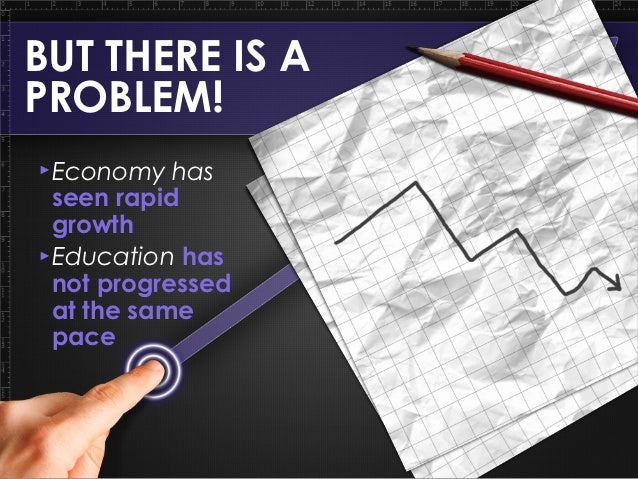"Over the past few years I've had an uncomfortable sense that someone, or something, has been tinkering with my brain, remapping the neural circuitry, reprogramming the memory. I’m not thinking the way I used to think. I can feel it most strongly when I’m reading. Immersing myself in a book or a lengthy article used to be easy. That’s rarely the case anymore. Now my concentration often starts to drift after two or three pages. I get fidgety, lose the thread, begin looking for something else to do. The deep reading that used to come naturally has become a struggle." The article "Is Google Making Us Stupid?" by Nicholas Carr develops the idea that the human mind is changing the way it used to think. New technology and the internet has changed the way our brain thinks, learns, and receives information.

The article mentions how research that once required days in libraries can now be done in minutes. A few Google searches, some quick clicks, and we obtain the fact or quote we were after. The internet is becoming the main source of how our mind obtains information. Scott Karp, who writes blogs about online media, confessed that he has stopped reading books. “I was a lit major in college, and used to be a voracious book reader,” he wrote. “What happened? What if I do all my reading on the web not so much because the way I read has changed, but because the way I THINK has changed?”
The article also states how Bruce Friedman, who blogs regularly about the use of computers in medicine, has also mentioned how the Internet has altered his mental abilities. “I now have almost totally lost the ability to read and absorb a longish article on the web or in print,” he wrote.

Thanks to new technologies such as the internet and text-messaging, we may be reading more today than we did back in the day. But it's a different kind of reading with a different kind of thinking. "We are not what we read, we are how we read." Says Maryanne Wolf, a developmental psychologist at Tufts University. She explains that reading is not an instinctive skill for human beings. It’s not etched into our genes the way speech is. We have to teach our minds how to translate the symbolic characters we see into the language we understand. Depending on the way we practice reading will affect the way our mind learns to read and think. Whether it is by continuing with the trend of using the internet to facilitate the way we obtain information, by spending long hours with a book, or both. That will determine the way our mind learns and thinks.
 Carr, Nicholas. "Is Google Making Us Stupid?" The Atlantic. Atlantic Media Company, 01 July 2008. Web. 04 Mar. 2015. <http://www.theatlantic.com/magazine/archive/2008/07/is-google-making-us-stupid/306868/>.
Carr, Nicholas. "Is Google Making Us Stupid?" The Atlantic. Atlantic Media Company, 01 July 2008. Web. 04 Mar. 2015. <http://www.theatlantic.com/magazine/archive/2008/07/is-google-making-us-stupid/306868/>.
